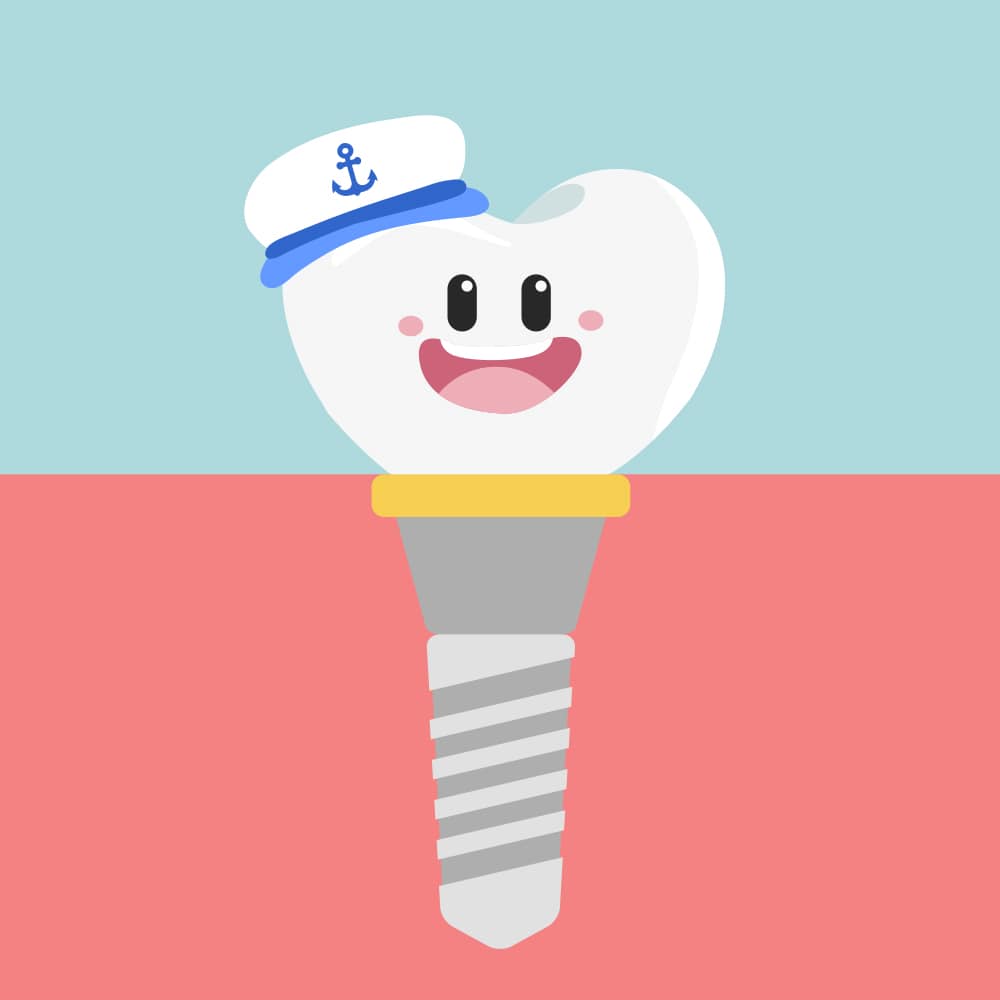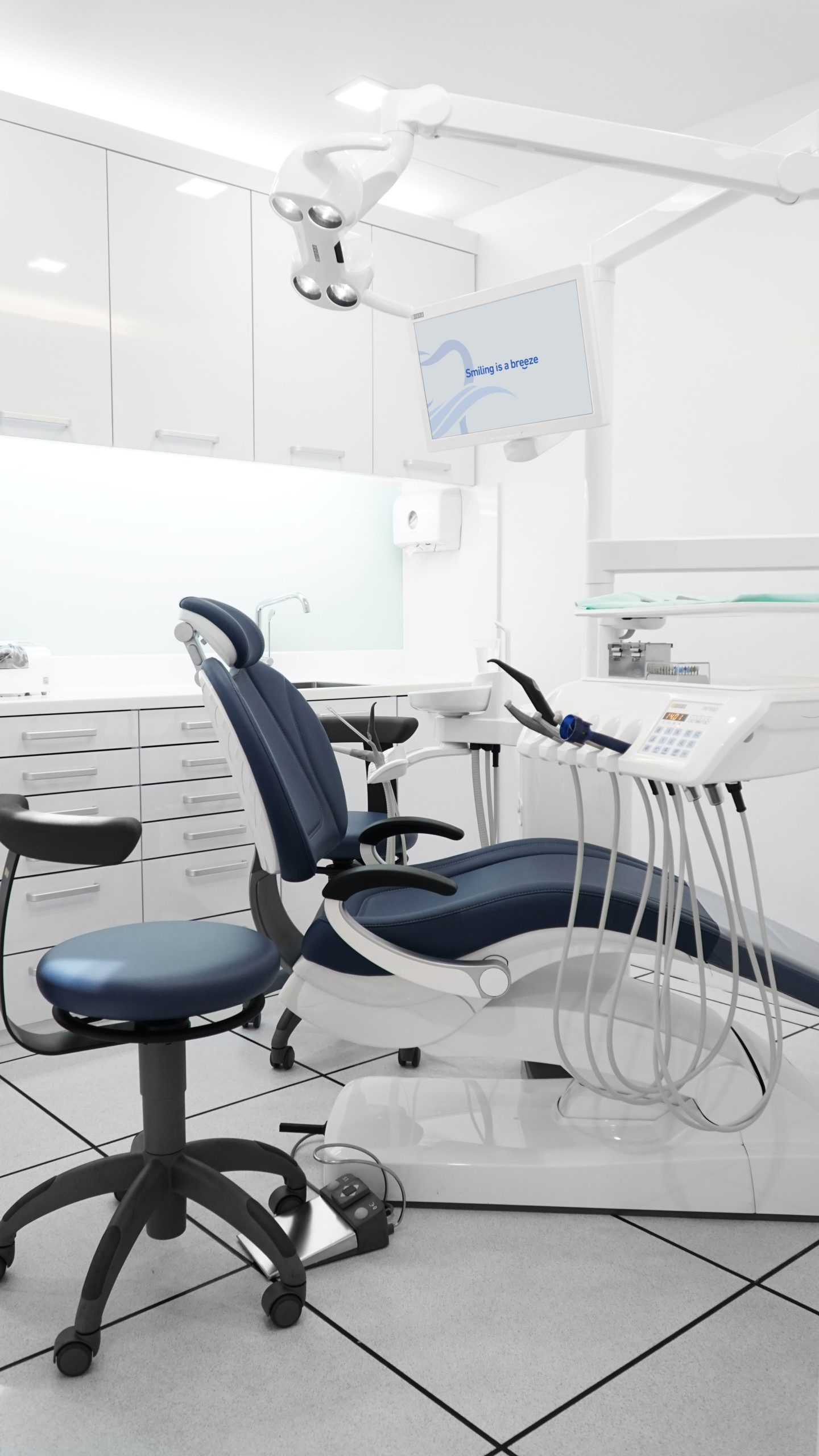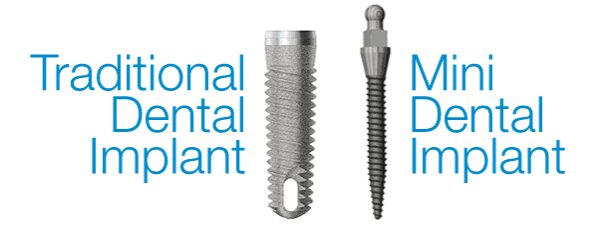Missing teeth can affect how you chew, speak, and smile.
Dental implants serve as a permanent solution for replacing missing teeth.
Dental implants can help restore function for chewing, speaking, and smiling.
At Ocean Dental Singapore, we use modern imaging and surgical technology designed for precise implant placement.
As a replacement for natural teeth, dental implants integrate seamlessly into your oral anatomy.
A dental implant is a small “screw” placed into the jawbone.
The implant fixture, which is the foundational component of a dental implant, is surgically placed into the jawbone as the first step of the dental implant procedure.
A complete dental implant system consists of three main parts: the implant fixture, the abutment, and the crown.
It replaces the root of a missing tooth and supports a crown, bridge, or denture.
The abutment is attached to the implant fixture and serves as a connector for the prosthetic tooth.
The crown, which is an essential part of the dental implant system, is then attached to the abutment, which is attached to the implant.
Proper attachment of the abutment to the implant is crucial for stability and long-term function.
The implant fuses with the bone, creating a strong and stable foundation as part of the integration process of the dental implant into the jawbone.


Dental implants let you eat, speak, and smile with ease.
They help prevent bone loss in the jaw bone by providing the stimulation needed to maintain bone density.
They preserve your jawbone and facial structure, which is one of the key benefits of the procedure.
The benefits of implants include restoring natural function and appearance, as well as supporting overall oral health.
They are fixed in place—no more worrying about loose dentures.
With proper care, implants may last 20 years or longer.
You may be suitable for implants if:
For dental implants, the assessment is performed to ensure the patient meets all necessary requirements.
To be a successful candidate, there are several factors considered, including bone support, oral hygiene, and overall health.
We assess this during your first consultation using 3D CBCT scans and oral health checks.
Even if you’ve lost some bone, bone grafting may be an option to make dental implants possible for you!
Replaces one missing tooth with a standalone implant and crown, which is placed in the area of the missing tooth in the jawbone.
Used when several teeth are missing in a row.
Fewer implants are needed to support multiple crowns.
For patients who have lost all teeth in one jaw.
This approach restores a full smile with as few as four implants.
✅ At Ocean Dental Singapore, we tailor every plan based on your needs, lifestyle, and budget.

We begin with a clinical examination, full-mouth x-ray, and 3D CBCT scan.
Cost: S$294.30 (inclusive of 9%GST)
We customise your plan to achieve optimal results and comfort.
The procedure takes about 30-45 minutes under local anaesthesia.
You’ll receive 5 days of medical leave and aftercare instructions.
It takes 2 to 6 months for the implant to fully integrate with the bone.
A healing cap may be placed, followed by a follow-up visit to remove stitches after 7-14 days.
We attach a crown, bridge, or denture to restore full function and aesthetics.
🧠 You’ll be guided through each step, with medication and post-op care provided.
Dental implant treatment includes several components:
The surgical portion of the cost of implant is Medisave claimable, up to S$1,950 per implant.
We will help you file the claim and explain the full breakdown of the cost of your treatment before it begins, so you understand how each part of your dental implant plan fits your needs.


Mild swelling, soreness, and bruising are normal.
We provide antibiotics, painkillers, antiseptic mouthwash, and ice packs for recovery.
A follow-up visit is scheduled in 7-14 days to remove stitches and check healing progress.
During this visit, we will provide care instructions specific to the implant site and ensure everything is healing according to the treatment plan.
Regular check-ups are important to monitor your dental implant and address any potential issues early.
Long-term success depends on maintaining your dental health through daily oral hygiene and routine dental checkups.
Dental implants have a success rate of up to 95%.
Outcomes can vary based on medical conditions, smoking, or bruxism (teeth grinding).
We will evaluate all risk factors and ensure you’re fully informed before proceeding.

When considering how to replace missing teeth, it’s important to know that dental implants are not the only option.
While the dental implant procedure is highly effective, some patients may not be suitable candidates for implant treatment due to factors such as medical conditions, insufficient bone, or personal preference.
If implants are not right for you, your dentist will discuss alternative solutions to restore your smile and function.
Common alternatives include dental bridges, which use adjacent teeth to support an artificial tooth, and removable dentures, which can replace several or all missing teeth.
These options can be tailored to your needs and may be more suitable depending on your oral health and lifestyle.
Your dentist will carefully assess your situation and recommend the best approach—whether it’s a dental implant, bridge, or denture—to ensure you achieve a comfortable and confident result.
If you have questions about which treatment is right for you, your dentist will be happy to guide you through the available choices.
Most patients feel only mild discomfort.
We use local anaesthesia and the post-op medications to manage pain.
Yes, you can claim up to S$1,950 per implant for the surgical portion.
For dental implant surgery, you will be given 5 days of MC.
Dental implants are long-lasting. However, you should take proper care of your dental implants, just like how you care for your natural teeth. It is crucial for regular dental implant maintenance with a dental professional and brush and floss daily to prevent gum infection affecting bone surrounding the implant.
Dental implant failure may occur if an infection occurs around the implant site. Other possible causes may include heavy biting/ grinding, or failure of fusion between the jaw bone and the implant. All these can be prevented with proper treatment planning and aftercare following the dental implant treatment.
Generally the entire treatment takes around 4- 6 months to complete. A huge part of it is actually for resting and healing. After the initial stage of placing the dental implant into your jaw bone, it will be left alone to heal and stabilize over the course of 2 – 6 months. This healing process is important as it allows the dental implant to integrate with the bone.
In stage 2 of the procedure an x-ray will be taken to ensure the dental implant is stable and fully integrated with the bone. After the implant is deemed to be stable and properly fused to the bone, the dental implant is then exposed and fitted with a healing cap. This cap guides the gum to heal without covering the head of the implant. In about 2 weeks, an abutment is screwed into the implant, and an impression will be taken to customize an implant crown, which will be ready in another 1-2 weeks’ time.
The actual duration for each appointment usually doesn’t take too long, ranging from 30 minutes to an hour per visit.
The cost of dental implants are more pricey as compared to other tooth restoring options.
Just like any medical procedures, the success rate of dental implants are not foolproof. The success rate of dental implants depends on numerous factors such as the type of implant and the condition of each patient. Generally, the long term success rate is reported to be as high as 95%.
While the majority of the population are suitable to receive dental implants to restore their smile, certain groups of people may face higher risk of failure. These individuals include patients with diabetes, osteoporosis, vitamin D deficiency, poor oral hygiene and/or smokers. During the initial consultation, our dentist/ specialist will examine and assess any form of potential problems that might result in failure of the treatment.
In the unfortunate event when dental implants fail, it is possible to do the procedure again. However, it is important to determine the cause of failure so it can be remedied before trying again. One important factor that affects the success rate is the ability of individual to keep these implants clean like any other natural teeth.
With proper care, an implant can last up to 20 years, or even a lifetime
Yes. Once healed, you can eat on the implant as you would with natural teeth.
Initial healing is expected to be a few days.
Full integration with bone takes 2 to 6 months.
Don’t hesitate to contact us!
WhatsApp us